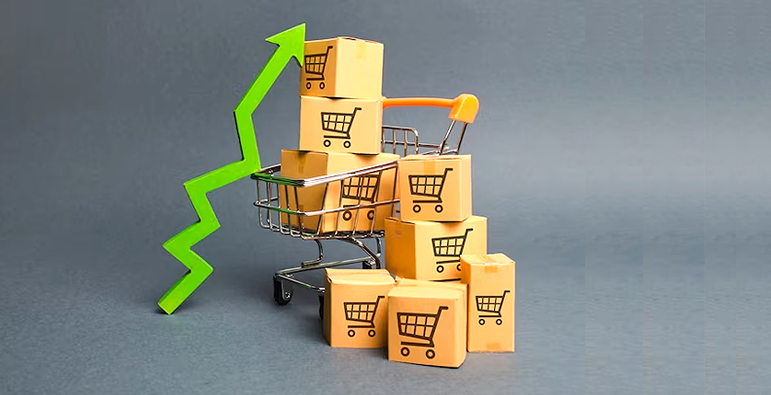Inflation is a sustained increase in the general price level of goods and services in an economy over a period. In other words, it means that the purchasing power of money decreases, and it takes more money to buy the same amount of goods and services. Inflation is usually expressed as a percentage increase in the price level over a given period.
There are several factors that can cause inflation, including:
Increase in demand: When the demand for goods and services increases, it can lead to higher prices as suppliers try to meet the demand.
Increase in production costs: When the cost of producing goods and services increases, suppliers may increase prices to maintain their profit margins.
Increase in money supply: When there is too much money in circulation, it can lead to higher prices as people have more money to spend.
Inflation can be measured using various indices, such as the Consumer Price Index (CPI) or the Producer Price Index (PPI). These indices track the prices of a basket of goods and services over time and calculate the percentage increase in prices.

There are several types of inflation, including:
Demand-pull inflation: This type of inflation occurs when there is an increase in demand for goods and services, leading to higher prices.
Cost-push inflation: This type of inflation occurs when there is an increase in production costs, leading to higher prices.
Wage inflation: This type of inflation occurs when there is an increase in wages, leading to higher production costs and higher prices.
Inflation can have both positive and negative effects on an economy. Some of the positive effects of inflation include:
Encouraging investment: When there is inflation, it can encourage people to invest their money in assets that are likely to appreciate in value, such as stocks, real estate, or precious metals.
Boosting economic growth: Inflation can encourage people to spend money and invest in businesses, leading to increased economic activity and growth.
Reducing debt burden: Inflation can reduce the real value of debts over time, making it easier for borrowers to pay back their loans.
However, inflation can also have negative effects on an economy, including:
Reduced purchasing power: Inflation can decrease the purchasing power of money, making it more difficult for people to buy goods and services.
Reduced savings: Inflation can reduce the real value of savings over time, making it harder for people to save money.
Uncertainty: Inflation can create uncertainty in the economy, making it difficult for businesses to plan for the future.
To control inflation, central banks can use various monetary policies, such as increasing interest rates, reducing the money supply, or implementing fiscal policies, such as reducing government spending or increasing taxes.
























